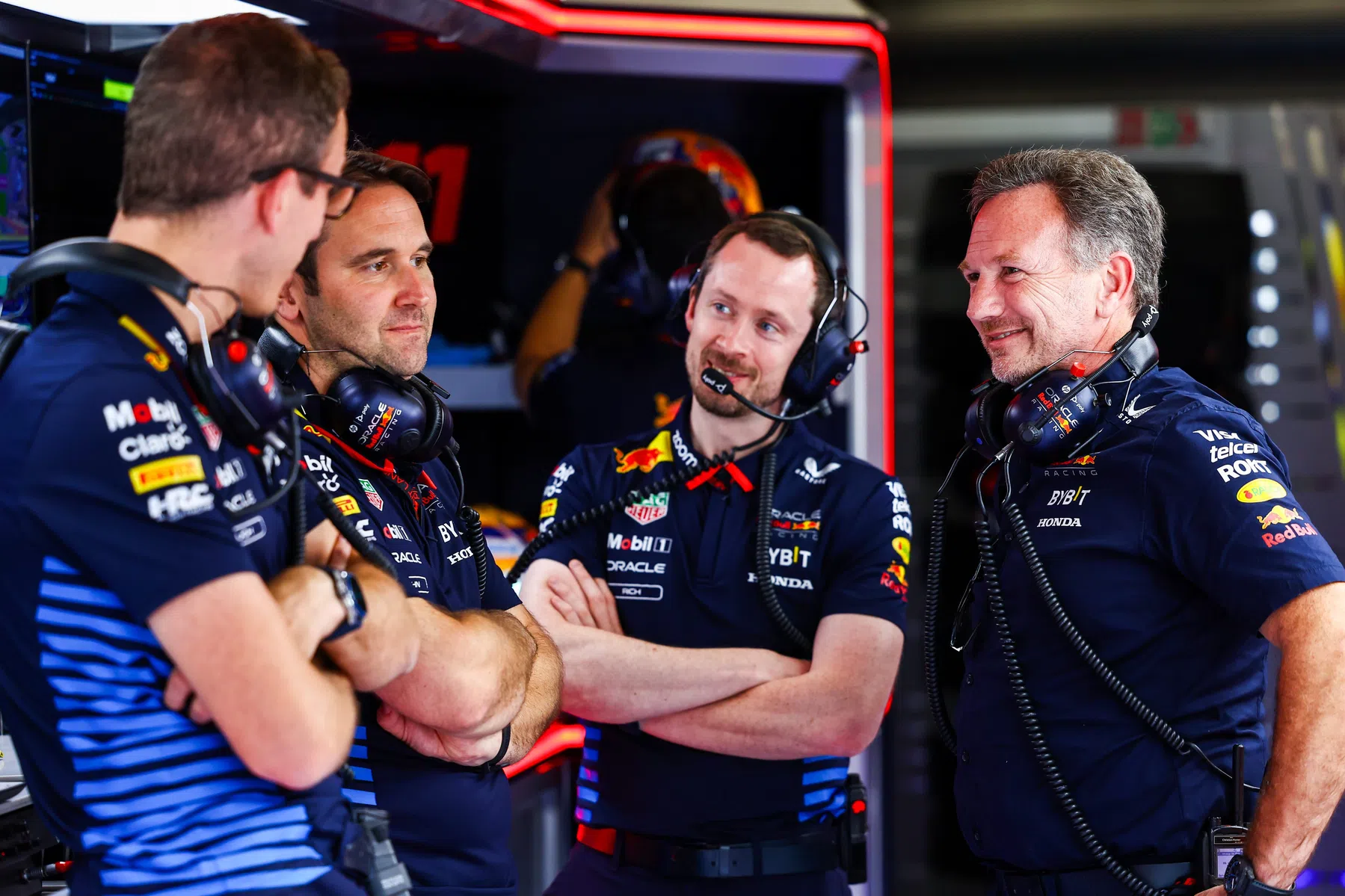'There are a lot of big egos at the top of Red Bull Racing'
Red Bull Contentpool
F1 News

- Sandy van Wijngaarden
After a period of great success at Red Bull Racing, the pinnacle of performance now seems to be over. Several frontrunners are leaving, the most recent being Jonathan Wheatley. Renger van der Zande explains why he thinks the frontrunners are leaving just now.
Renger van der Zande is a Dutch racing driver who has competed in the World Endurance Championship, the British Formula 3 Championship, GP3 Series, and A1 Grand Prix, among other motorsport competitions.
On the DRS The Race Show last week, Renger van der Zande was a guest. He was asked if Wheatley's departure is a sign of Red Bull's collapsing house of cards. To that, Van der Zande said the following:
''I think if you look at Red Bull, they have achieved such success last couple of years, everyone owned that success. Also a guy like that. Who also just says to his family and friends; 'Yes that's partly because of me'. At some point those egos start growing and they grow so fast that at some point there are a lot of egos above the top who were all Red Bull's success. He is also one of them. And rightly so! They have all made contributions.''
Why are Red Bull Racing's leaders leaving?
''Everyone feels they own the success of Max and of Red Bull,'' the Dutchman continued. ''When you look at guys like that at some point you also think of; 'I've been earning the same salary for quite a while. I get offered a deal at other team for much more. I actually think I'm totally worth that. At Red Bull I have to deal with a lot of egos. I'm just going to start again. I'm going to show I can do it again.' A bit of revenge.''
Van der Zande also points to the solution for the vacant team. ''It's young talent. As a driver, you want to see young talent coming into Formula 1, but also on the management and engineering side, you want young talent coming in. I think it can be rejuvenated.''
This article has been written in collaboration with Ben Stevens.